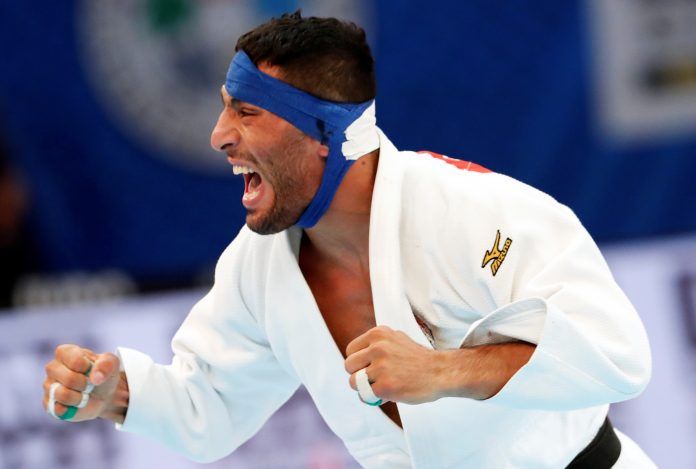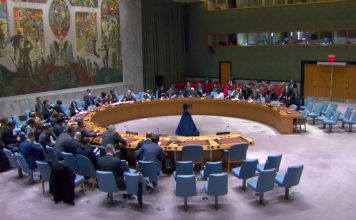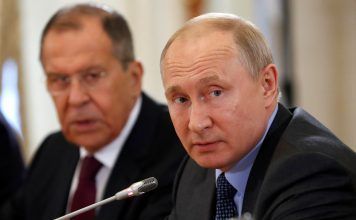By Rami Ayyub
TEL AVIV, Feb 19 (Reuters) -An Iranian judoka who fled his country after ignoring orders to drop out of a match to avoid facing an Israeli advanced on Friday to the final round of an international tournament in Israel.
Saeid Mollaei, a 2018 judo world champion, fled Iran for Germany after saying Iranian authorities had put pressure on him to drop out of the 2019 world championships in Tokyo to avoid a potential final round against Israeli contender Sagi Muki.
Mollaei, who refused to pull out and reached the semi-final in Tokyo, gained refugee status in Germany and later became a citizen of Mongolia, which he is representing at the International Judo Federation’s Tel Aviv Grand Slam.
“I compete for Mongolia. I don’t compete for Iran … I play sports. I have always been an athlete, never political,” Mollaei told Israeli public broadcaster Kan.
Mollaei beat competitors from Azerbaijan and Italy to advance to the contest finals and will next face Russia’s Aslan Lappinagov. Audience members at the contest cheered and applauded after his wins.
Iran, which has refused to recognise Israel since Iran‘s Islamic Revolution in 1979, was banned indefinitely from international judo competition after the Mollaei incident.
Arash Mir Ismaili, head of Iran‘s judo federation, told the official IRNA news agency on Tuesday that Mollaei had “turned (his) back on the ideals of the regime and the country’s goals … which is shameful.”
Muki, who won the world title in Tokyo and is competing in Tel Aviv, posted a photo on Twitter of the two of them smiling together, captioned with the words “Welcome brother”, and the Israeli, Iranian and Mongolian flags.
Muki was knocked out of the contest on Friday after losing his first match to Sami Chouchi of Belarus.
Some 421 competitors from 60 countries are competing in the Tel Aviv Grand Slam, organisers said. Competitors arriving from foreign countries were given special exemptions from a travel ban imposed by Israel during the COVID-19 pandemic.
(Additional reporting by Dubai newsroom, Editing by Timothy Heritage and Chizu Nomiyama)








